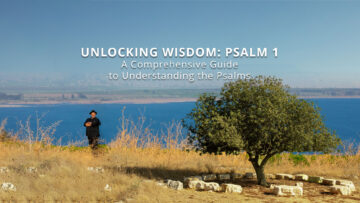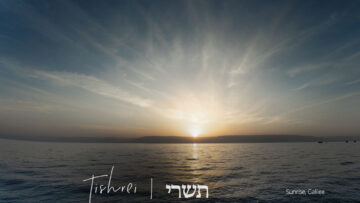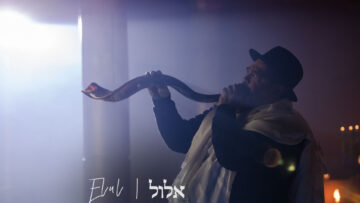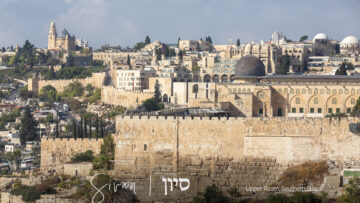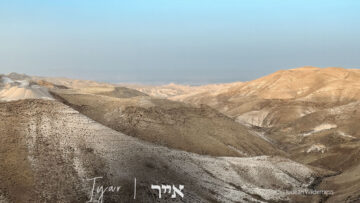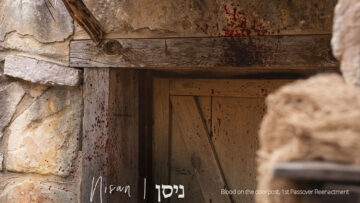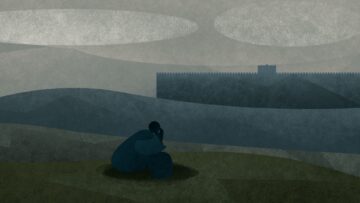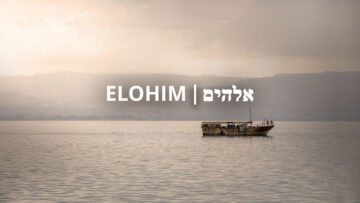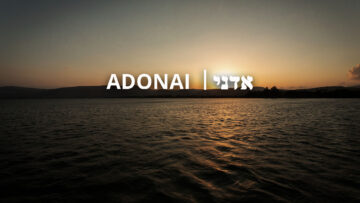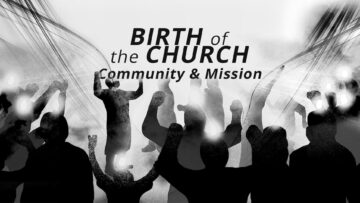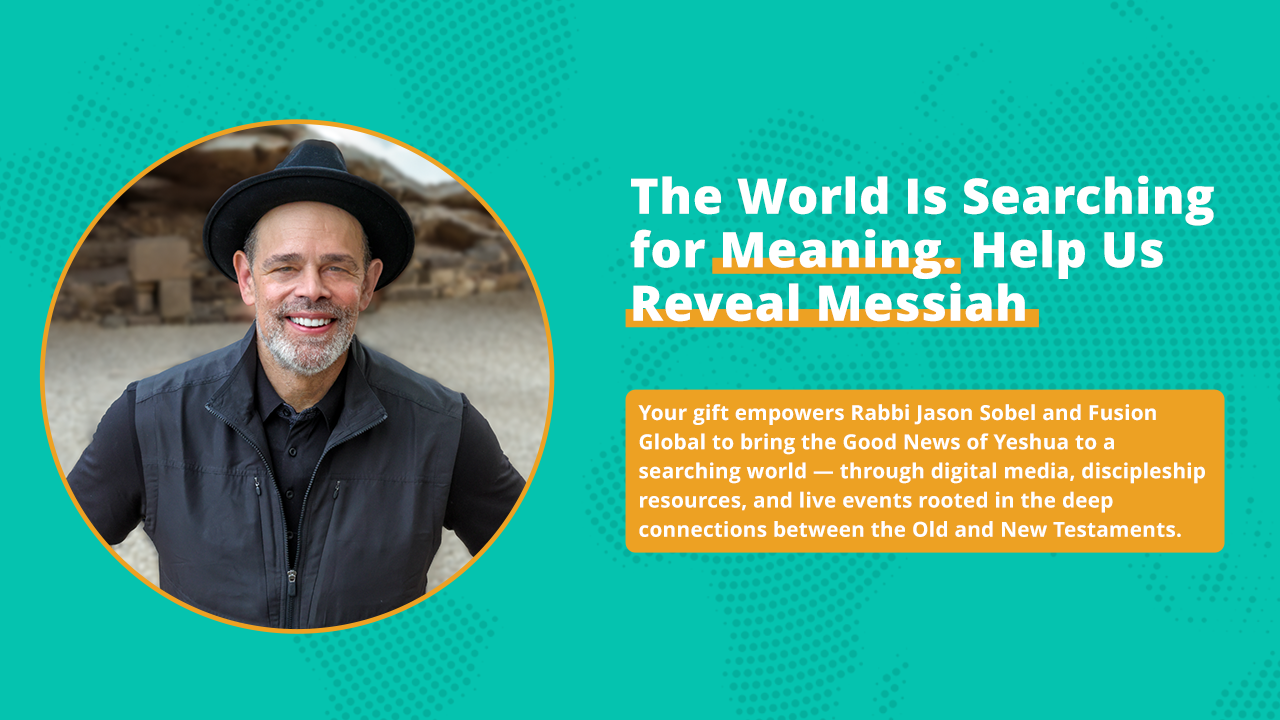It’s fascinating to consider the possibility that Elohim in verse one lays the foundation for the Ruach Elohim in verse two and the creational Word God spoke in verse three. The “God” of creation cannot be known apart from the Spirit of Creation, the One identified in the Nicene Creed as “the Lord, the giver of life.” And, of course, the breath (or spirit/ruach) of God is expressed in speech: “Let there be.” Hence the opening of John’s Gospel recapitulates the opening of Genesis: “In the beginning was the Word. The Word was with God, and the Word was God. He was with God in the beginning” (John 1:1-2).
